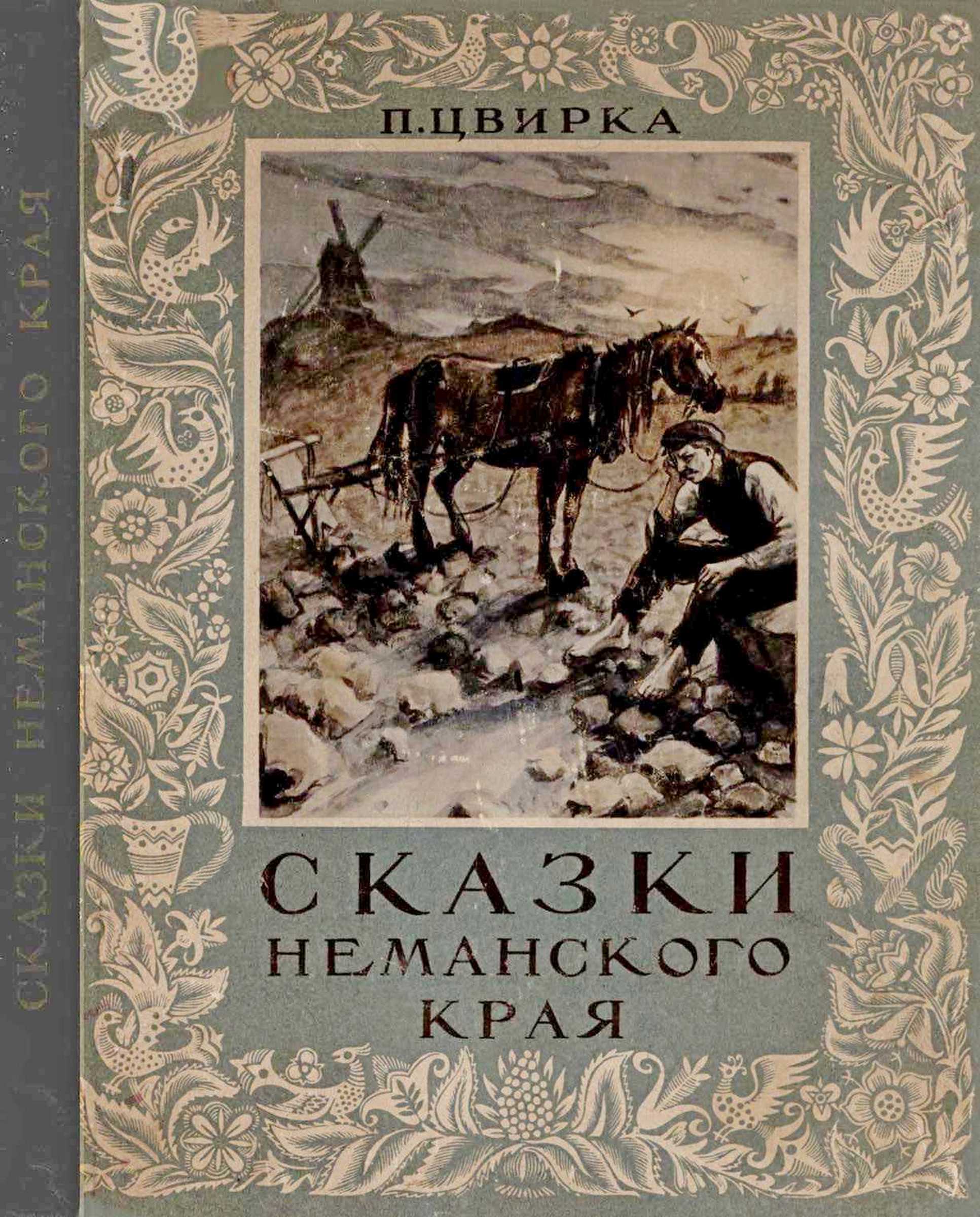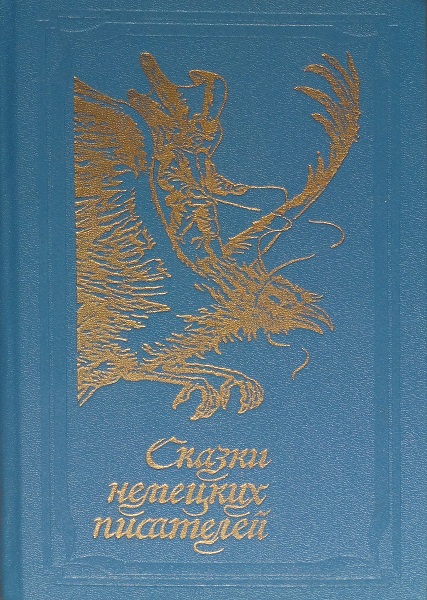Книга Эквиано, Африканец. Человек, сделавший себя сам - Винсент Карретта
На нашем литературном портале можно бесплатно читать книгу Эквиано, Африканец. Человек, сделавший себя сам - Винсент Карретта полная версия. Жанр: Разная литература / Историческая проза / Приключение. Онлайн библиотека дает возможность прочитать весь текст произведения на мобильном телефоне или десктопе даже без регистрации и СМС подтверждения на нашем сайте онлайн книг knizki.com.
Шрифт:
-
+
Интервал:
-
+
Закладка:
Сделать
Перейти на страницу:
Перейти на страницу:
Внимание!
Сайт сохраняет куки вашего браузера. Вы сможете в любой момент сделать закладку и продолжить прочтение книги «Эквиано, Африканец. Человек, сделавший себя сам - Винсент Карретта», после закрытия браузера.
Книги схожие с книгой «Эквиано, Африканец. Человек, сделавший себя сам - Винсент Карретта» от автора - Винсент Карретта:
Комментарии и отзывы (0) к книге "Эквиано, Африканец. Человек, сделавший себя сам - Винсент Карретта"
























